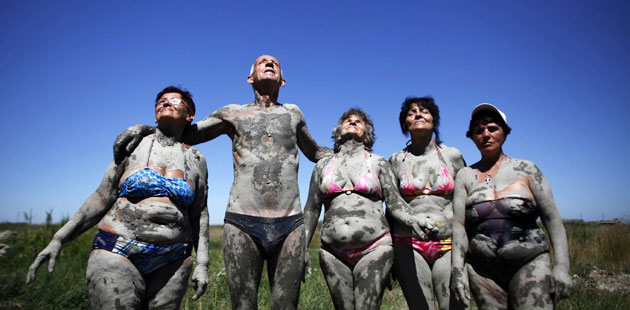More funds needed for cancer tests
Updated: 2011-08-29 07:19
By Shan Juan (China Daily)
|
|||||||||||
CHANGCHUN - Chinese experts have urged health authorities to promote early lung cancer screening more forcefully in the country, as currently only 5 percent of sufferers are detected at an early stage.
Lung cancer, which kills more than 600,000 people on the mainland each year, is the top killer of all kinds of cancer in China. About 87 percent of Chinese patients with the disease will die within five years of being diagnosed, Zhi Xiuyi, director of the Lung Cancer Treatment Center at Capital Medical University, said during an address to the 5th China-Japan-Korea Workshop on Lung Cancer, which was held over the weekend.
"Actually, many of the deaths could be prevented or at least delayed by high-risk group early screenings, particularly by low-dose CT scans, which can detect lung cancers at their earliest stage, when more than 90 percent of patients can be cured," Zhi said.
Given early lung cancers cause no evident symptoms, susceptible groups like longtime smokers aged over 45 or people who have sufferers in their families should go as a precaution for regular screenings to achieve early diagnosis and treatment, said Zhou Qinghua, who heads the Tianjin Lung Cancer Institute.
"Currently, most lung cancer patients in China are only diagnosed when they show symptoms, which is too late," he said.
Also, it is far more expensive to treat late-stage patients, with the average cost on the mainland being at least 100,000 yuan ($15,000) for each patient, according to official statistics. Given the cost, the Ministry of Health initiated an early diagnosis mechanism last year by establishing trial CT screening projects in Tianjin and Xuanwei, Yunnan province.
The two areas have high lung cancer rates and under the project about 4,000 people at high risk of the disease were given at least two free CT scans a year, Zhou, who heads the projects, said.
A CT scan costs about 1,000 yuan so the current annual government funding of nearly 600,000 yuan cannot cover the cost, he said. Zhou urged the authorities to increase funding to cover more people at high risk.
"In that way, more patients would be detected at an early stage, which makes it easier and cheaper to treat them," he said, citing experiences in industrialized countries such as Japan and the United States.
In Japan, about 25 percent of all lung cancer patients are detected at a very early stage, said Ryosuke Tsuchiya, a board member of the Japanese Foundation for Cancer Research.
"Japan began giving free early lung cancer screening programs for high-risk groups in the early 1970s, and this has helped to lower the death rate and medical costs," he said.
"As the country was not rich then, we screened with chest X-rays, which can detect half of lung cancer cases at an early stage."
More advanced screening methods, such as the sputum smear and low-dose CT scanning, were introduced in the late '70s and the '90s, he said.
The relatively expensive CT scans are now free in 10 percent of all Japanese cities, he said.
Hot Topics
Anti-Gay, Giant Panda, Subway, High Speed Train, Coal Mine, High Temperature, Rainstorm, Sino-US, Oil Spill, Zhu Min
Editor's Picks
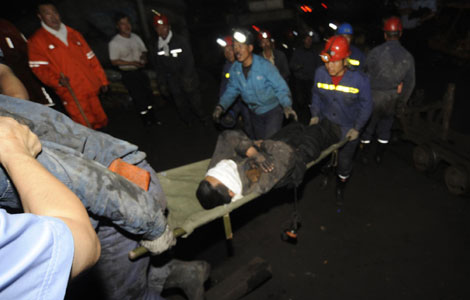
|

|
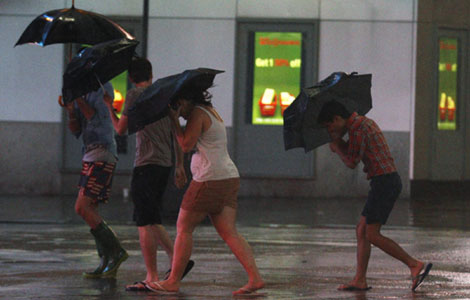
|

|
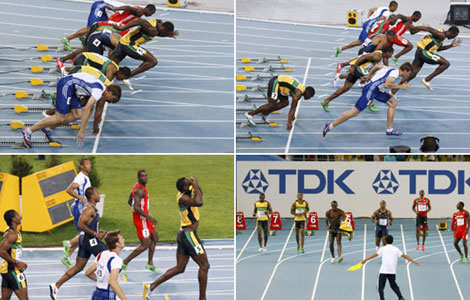
|
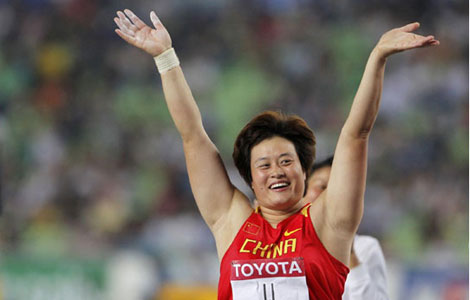
|





